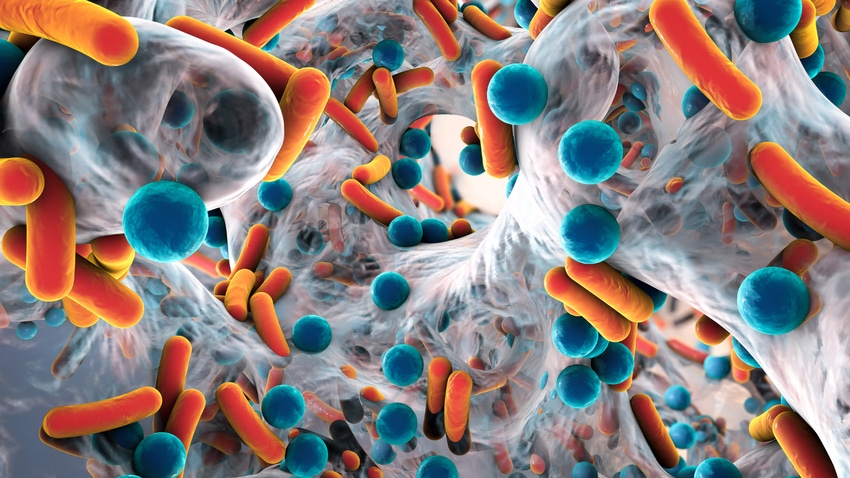MIT Uses AI to Find New Antibiotics to Kill Superbugs
Rampant misuse of antibiotics has created deadly, resistant bacteria. Meanwhile, Big Pharma prefers to pursue more lucrative drugs

At a Glance
- MIT researchers found new compounds that can kill the deadly superbug, MRSA, while being benign to human cells.
- The rampant use of antibiotics has led to a crisis of deadly, resistant bacteria that doctors struggle to kill.
- Drug companies prefer to pursue development of more lucrative drugs. MIT stepped into the gap.
For years, doctors have been fighting an uphill battle against bacteria that have grown increasingly resistant to existing antibiotics. But researchers from MIT used deep learning to find a class of compounds that can potentially turn the tide.
In a paper published in Nature, the researchers found compounds that could kill the dreaded MRSA (methicillin-resistant Staphylococcus aureus) grown in a lab dish. Further, the compounds have low toxicity for human cells. This makes them a good drug candidate, according to the university.
MRSA infects more than 80,000 Americans every year and severe cases can lead to sepsis, a poisoning of the blood that can be fatal.
The researchers trained a deep learning model on data generated by testing 39,000 compounds for antibiotic activity against MRSA. Along with this data, information on the compounds’ chemical structures also was fed to the model.
To narrow down the list of candidates, the researchers trained three more deep learning models to predict which compounds were toxic to humans. This is how they came up with compounds that could kill MRSA but not be toxic to the human body.
With these AI models, the researchers then screened 12 million compounds that are commercially available. The models then identified compounds from five classes that it predicts would be effective against MRSA. The team bought these compounds and tested them against MRSA in a lab dish – zeroing on two candidates that seemed the best.
The study’s lead authors are Felix Wong from MIT and Harvard and Erica Zheng, a graduate of Harvard Medical School.
Where Big Pharma falls short
This study falls under the auspices of the Antibiotics-AI Project at the Collins Lab at MIT, whose goal is to develop seven new classes of antibiotics to treat seven of the deadliest bacteria in the world.
The team is targeting the following superbugs: E-coli, Klebsiella pneumoniae, Acinetobacter baumannii, Pseudomonas aeruginosa, Neisseria gonorrhoeae, Staphylococcus aureus, and Mycobacterium tuberculosis.
The lab has been tasked with creating a 100,000-compound training library and screen these compounds against the seven pathogens to see which molecules are active. This data will be used to train machine learning models applied to computer-based libraries of more than a billion molecules to find new antibiotics and design them from scratch.
According to the Centers for Disease Control, one American gets a drug-resistant infection every 11 seconds. Every 15 minutes, someone dies of one. The “rampant” misuse of antibiotics in humans and animals has made bacteria more resistant, hampering humanity’s fight against them and leading to a crisis, according to the lab.
“There’s a critical need for new antibiotics — and yet pharmaceutical companies have largely abandoned the space in favor of more lucrative markets,” according to the lab’s blog post.
The Project’s new antibiotics would be the first developed in more than 30 years, according to the lab.
About the Author(s)
You May Also Like


.jpg?width=700&auto=webp&quality=80&disable=upscale)
.jpg?width=700&auto=webp&quality=80&disable=upscale)
.jpg?width=700&auto=webp&quality=80&disable=upscale)
.jpg?width=300&auto=webp&quality=80&disable=upscale)
.jpg?width=300&auto=webp&quality=80&disable=upscale)
.jpg?width=300&auto=webp&quality=80&disable=upscale)
.jpg?width=300&auto=webp&quality=80&disable=upscale)
.jpg?width=300&auto=webp&quality=80&disable=upscale)